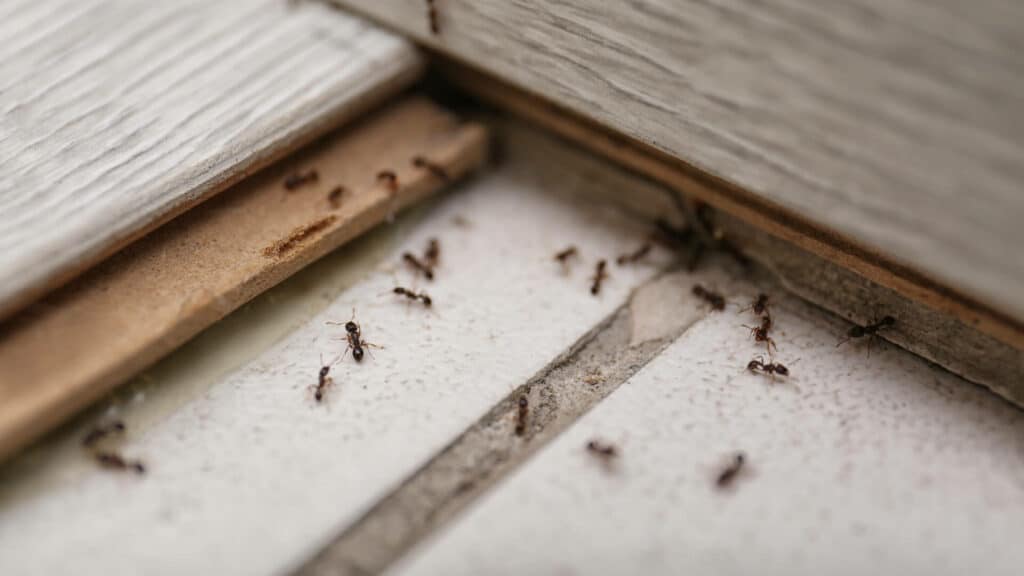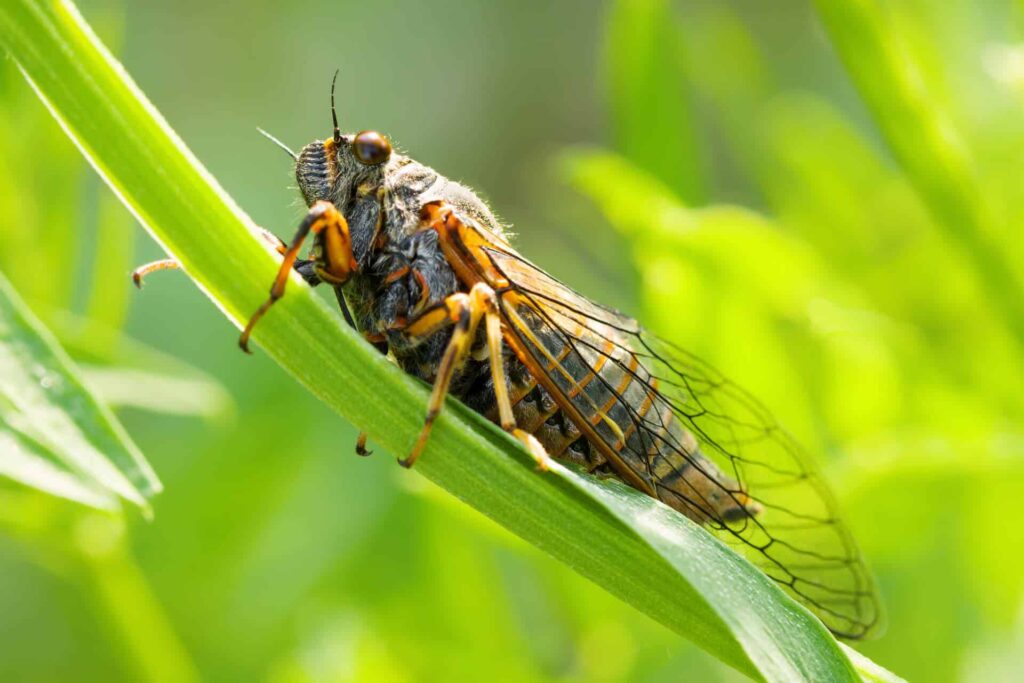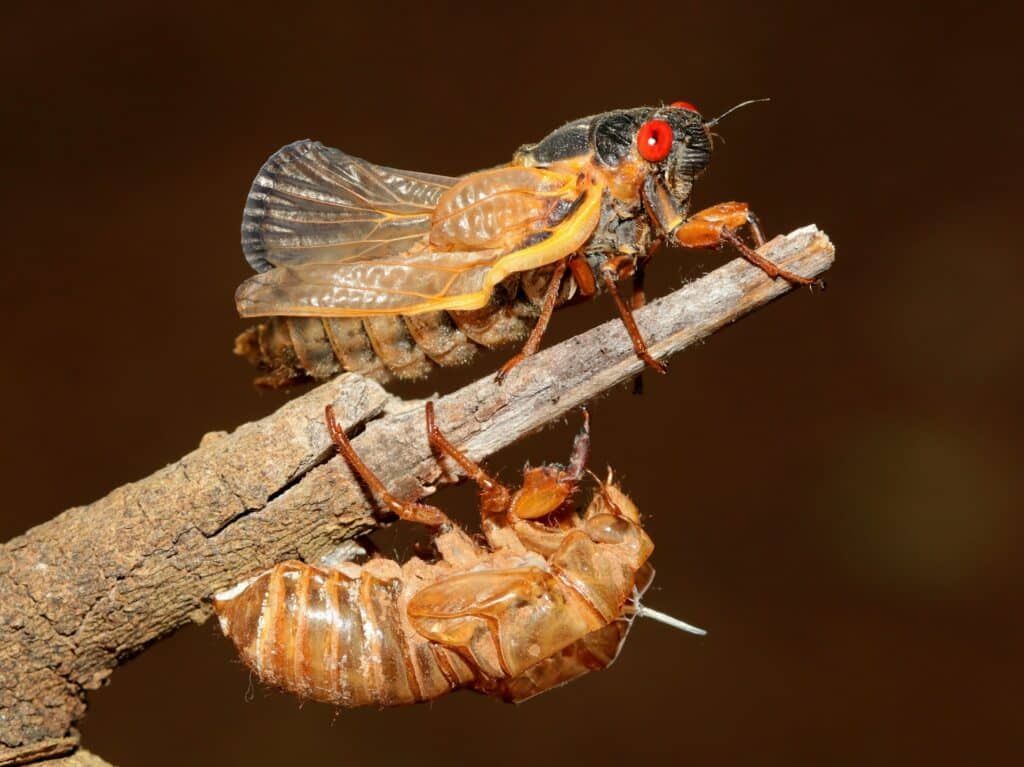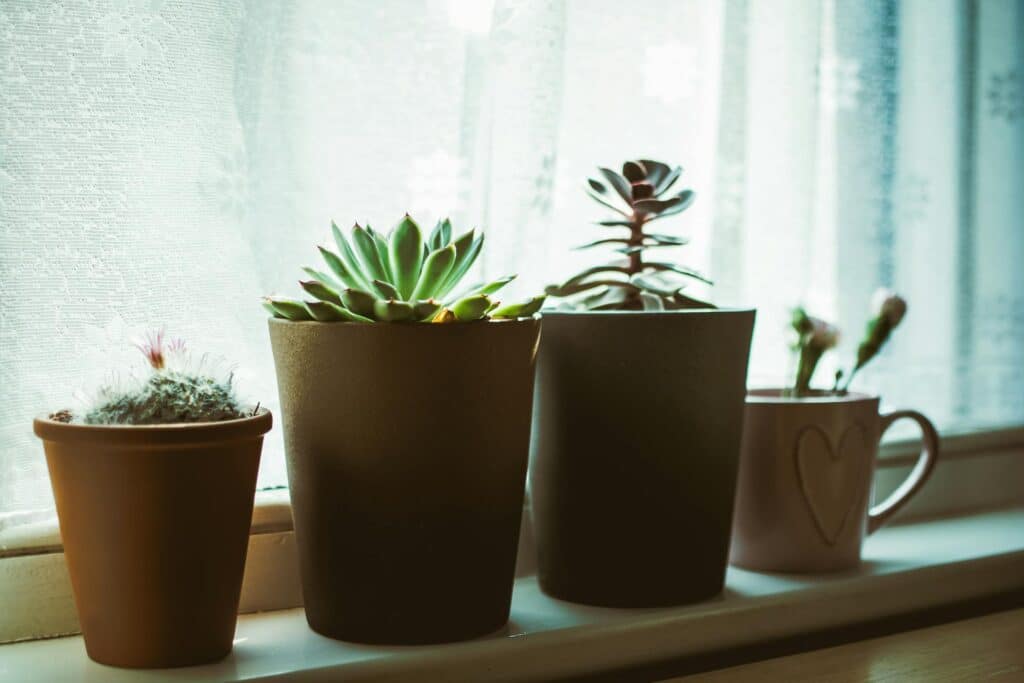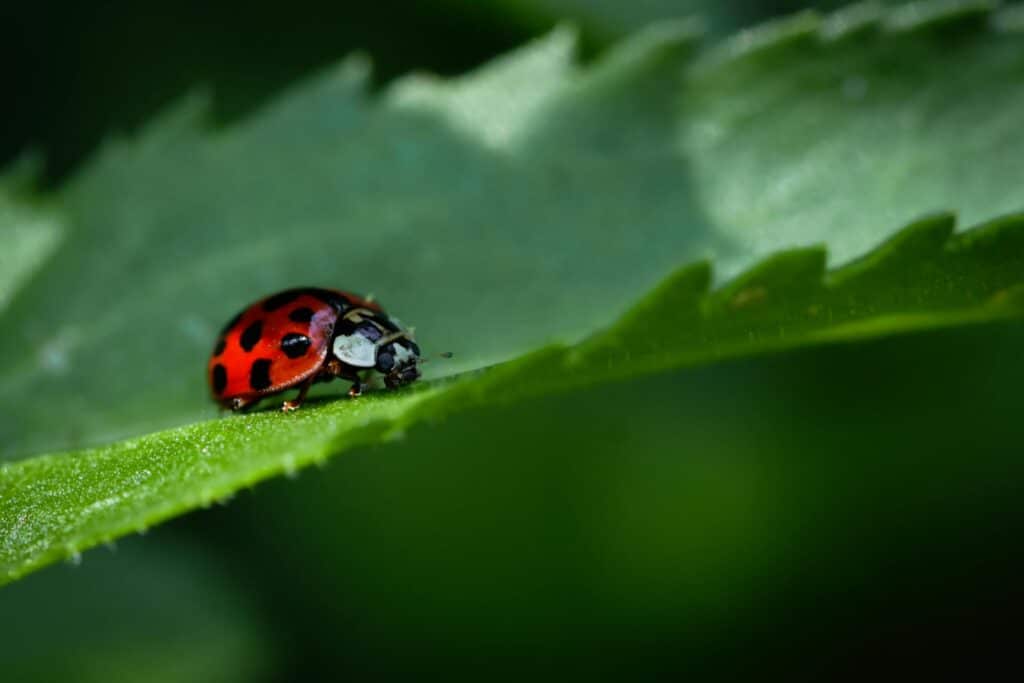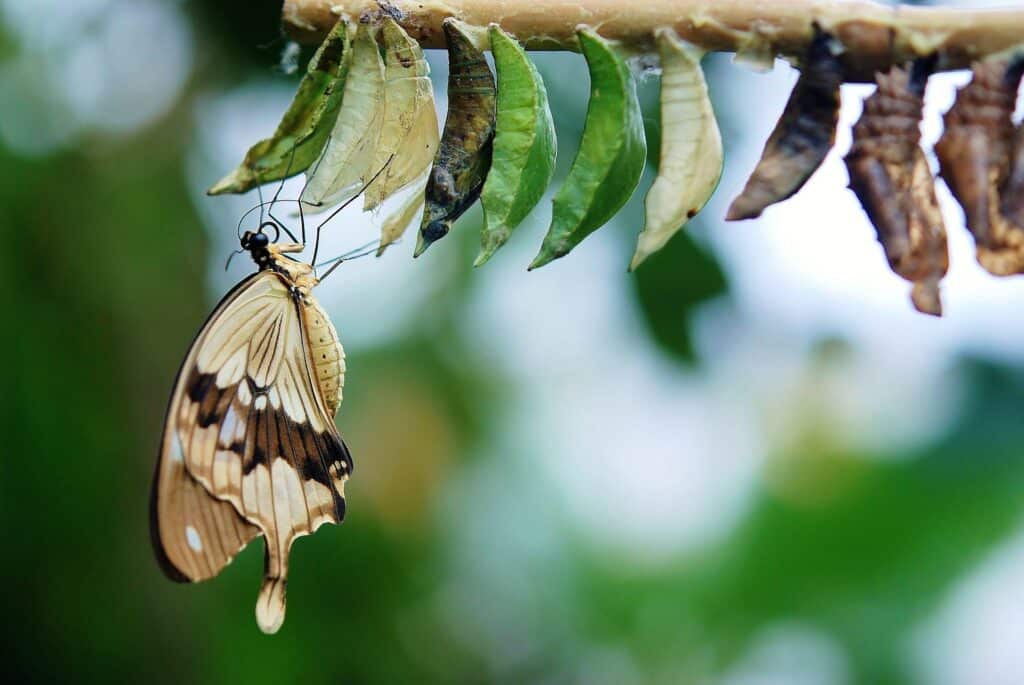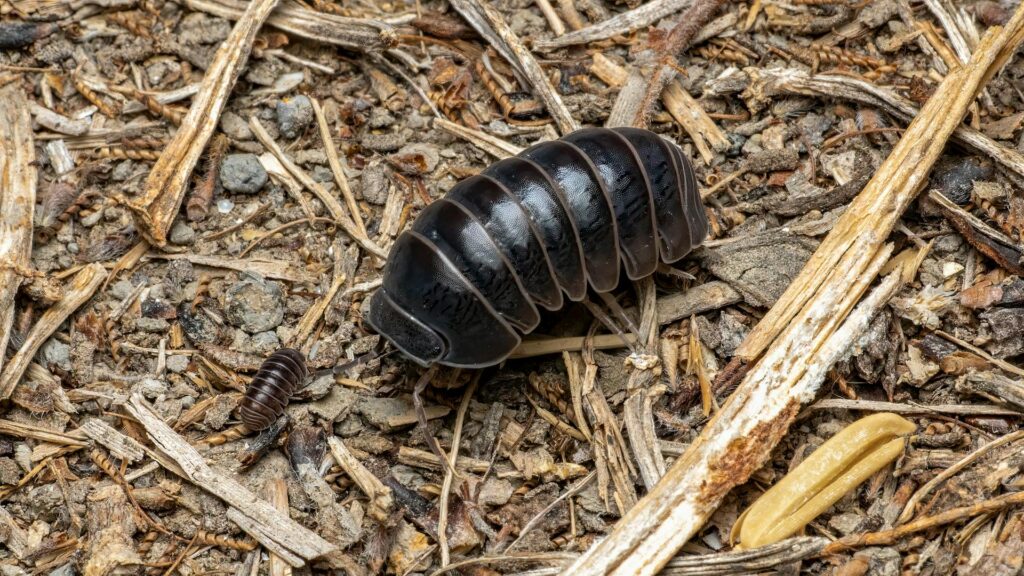Summer evenings are meant for relaxation and enjoyment, but mosquitoes can quickly turn your outdoor paradise into a nuisance. To keep your evenings pleasant and protected from mosquito interruptions, it’s crucial to implement effective prevention strategies.
In this article, we’ll share 10 proven tips—from simple to advanced—to help you create a more enjoyable outdoor space by reducing mosquito populations and minimizing their impact.
What You Need to Know About Mosquito Behavior
To effectively prevent mosquitoes, it’s important to understand their behavior. Many mosquitoes are most active during dawn and dusk, as they seek the cooler temperatures and higher humidity levels found during these periods. These conditions provide the optimal environment for them to feed and reproduce.
Mosquitoes are naturally drawn to warm temperatures, making them more active in summer. Their attraction to standing water is crucial for their life cycle, as female mosquitoes lay their eggs in stagnant water, where the larvae can thrive.
Additionally, mosquitoes are highly sensitive to carbon dioxide, which we exhale. This is one of the primary ways they locate their hosts, honing in on the carbon dioxide plumes to find their next blood meal.
10 Practical Tips for Keeping Mosquitos Away
Now that you understand how mosquitoes behave, it’s time to explore practical steps you can take to keep these pests at bay. The following tips will help you create a more comfortable outdoor environment without the annoyance of mosquitoes and their unwelcome presence.
- Eliminate standing water: Mosquitoes lay their eggs in stagnant water. Remove any sources of standing water around your yard. This includes:
- Emptying birdbaths regularly
- Cleaning clogged gutters
- Changing water in plant saucers
- Draining kiddie pools when not in use
- Trim vegetation: Mosquitoes like to rest in tall grass and overgrown shrubs. Keep your lawn mowed and trim back bushes and hedges. This reduces the places mosquitoes can hide.
- Grow mosquito-repelling plants: Some plants may naturally repel mosquitoes. Consider planting:
- Citronella: This grass is known for its strong scent, which mosquitoes dislike.
- Lavender: Its aroma deters mosquitoes.
- Marigolds: These flowers produce a scent that mosquitoes avoid.
Adding these plants to your landscape can make your outdoor space less attractive to mosquitoes.
- Install outdoor fans: Mosquitoes are weak fliers. Setting up fans on your patio or deck can create a breeze that keeps them away. This is a simple yet effective way to enjoy outdoor space without mosquitos.
- Use mosquito traps: Mosquito traps may reduce the mosquito population in your yard. These devices attract and capture mosquitoes, helping to keep their numbers down.
- Apply mosquito repellents: Personal mosquito repellents are a must. Use products containing DEET, picaridin, or lemon eucalyptus oil. Apply repellent to exposed skin and clothing for maximum protection.
- Install screened enclosures: If you enjoy spending a lot of time outside, consider installing a screened enclosure for your patio or deck. This allows you to enjoy the outdoors without worrying about mosquitoes.
- Use Citronella products: Citronella candles and torches may help repel mosquitoes. Place them around your outdoor seating areas for added protection.
- Implement mosquito misting systems: A mosquito misting system automatically sprays insecticide at scheduled times. This can be an effective long-term solution, especially for more severe mosquito problems. Always take care when using any insecticides to follow directions from the manufacturer, taking extra caution near pets and children.
- Apply biological controls: Introducing natural predators, such as dragonflies or certain fish species, can help control mosquito larvae. This option can be part of a broader mosquito management strategy and effectively handle more severe mosquito problems.
When to Call a Professional
Consider calling a professional pest control service in the following situations:
- Persistent mosquito infestations: Despite your efforts, mosquitoes continue to swarm your yard, making it difficult to enjoy outdoor activities.
- Large outdoor areas: If you have a large yard or multiple water features, professional treatments can more effectively target breeding sites.
- Health concerns: If you or your family members are particularly sensitive to mosquito bites or if there’s a higher risk of mosquito-borne diseases in your area.
- Limited success with DIY methods: When DIY solutions aren’t providing the desired results, professionals can offer advanced treatments that deliver long-lasting pest control.
- Seasonal outbreaks: During peak mosquito season, professional services can help keep the population under control, ensuring your outdoor space remains comfortable.
Enhance Your Evenings with Aptive’s Mosquito Control Solutions
Don’t let mosquitoes steal the joy of your outdoor time. Following these tips can help you enjoy evenings without the constant mosquito nuisance. If you’re facing a tougher mosquito problem, get in touch with us for professional assistance and tailored mosquito control solutions to keep your outdoor spaces enjoyable throughout the season.
